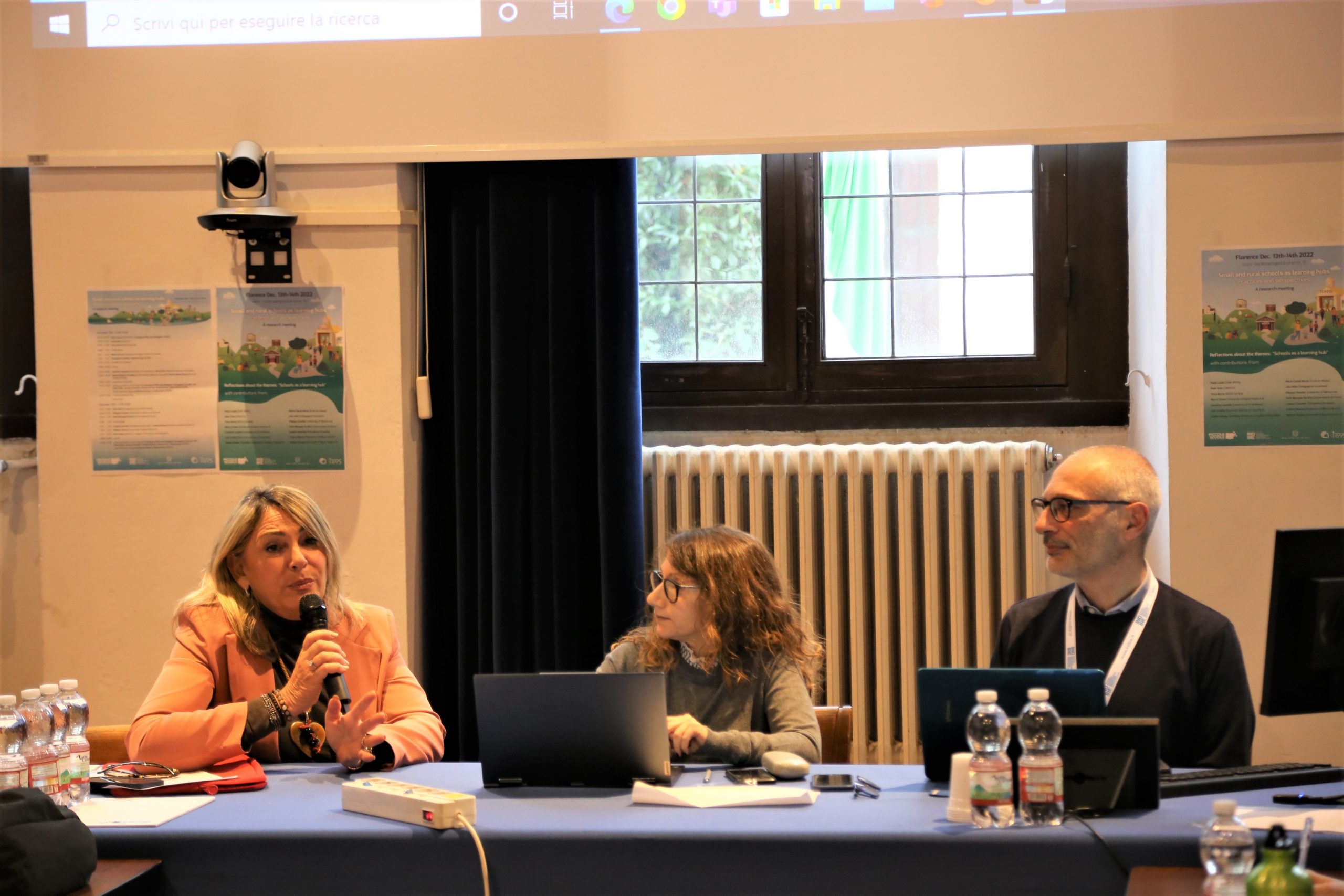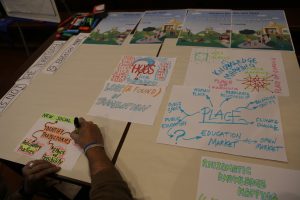indireinforma

The two-day international meeting “Small and rural schools as learning hubs. Practices and Perspectives”, took place in Florence at the INDIRE headquarters.
The meeting, organized by INDIRE, is part of the project on small schools financed by the National Research Plan and involves experts from the OECD, UNESCO and national research institutes (CNR/IRPPS, Politecnico of Milan, DAsTU, and Federico II University) and international (Universitè du Québec à Chicoutimi, University of Melbourne, Perspective Bruxelles, Universida de Porto, Plymouth Institut of Education, University of St. Andrews). The international collaboration, led by INDIRE together with the CNR/IRPPS, takes the form of an activity of reconnaissance and evaluation of educational experiences.
“This international event – declares Cristina Grieco, President of INDIRE – stems from the need to investigate new forms of school. The focus of the event concerned the issue of the “School as a learning hub” indicated by the OECD as a scenario of the future and an object of research for the change of the “forme scuolaire” in small schools. “School as a learning hub” repositions the attention on how learning does not only take place in formal contexts and spaces but refers to situations that go beyond the boundaries of the classroom and school. The collaboration with high-profile experts from all over the world is part of an increasingly broader internationalization strategy of the Institute with universities and other research institutions”.
 The international meeting offered the researchers the opportunity to discuss a new form of school and to identify the international scholastic realities with which to start a scientific dialogue regarding educational forms in small schools. Furthermore, the research methods based on territorial living hubs were analysed. These are the places where to build actions of comparison and dialogue through the participatory research of all those who become part of this school model.
The international meeting offered the researchers the opportunity to discuss a new form of school and to identify the international scholastic realities with which to start a scientific dialogue regarding educational forms in small schools. Furthermore, the research methods based on territorial living hubs were analysed. These are the places where to build actions of comparison and dialogue through the participatory research of all those who become part of this school model.
The next stages of the working group will focus on the possibility of adopting a contextualization of the School Inventory (methodology developed to stimulate the Future Literacy of school organizations), developing creative research methods (inventive methods) to intervene in the sphere of the imaginary of school players regarding the future of the school.

